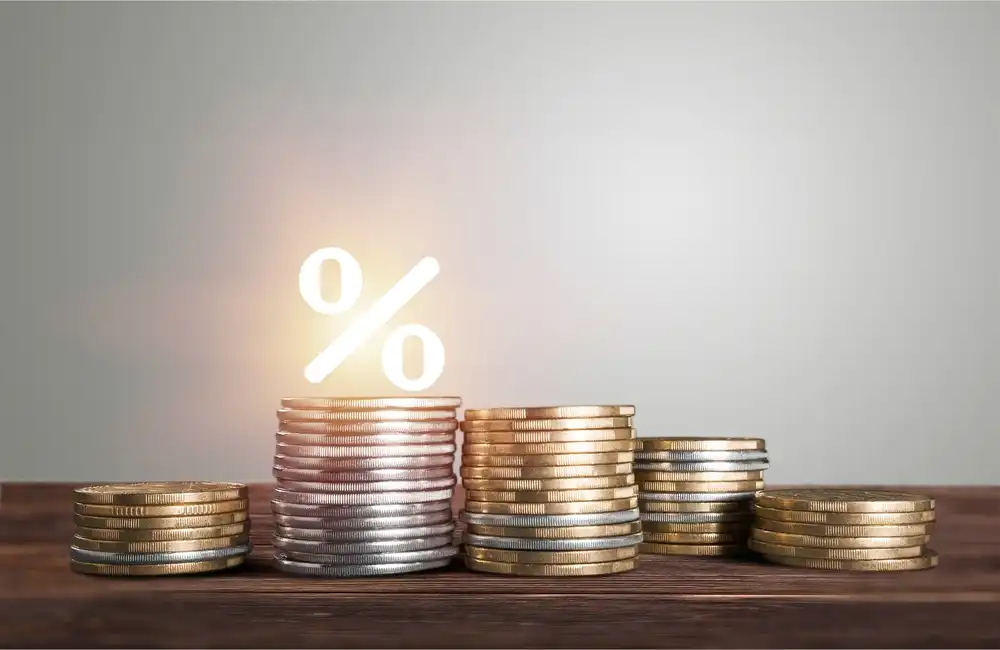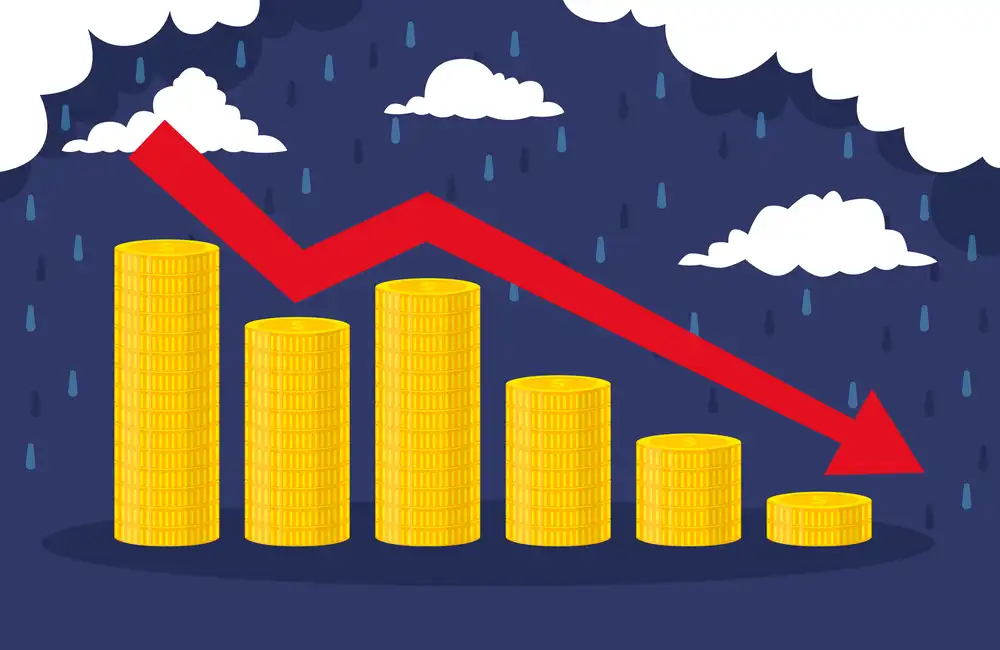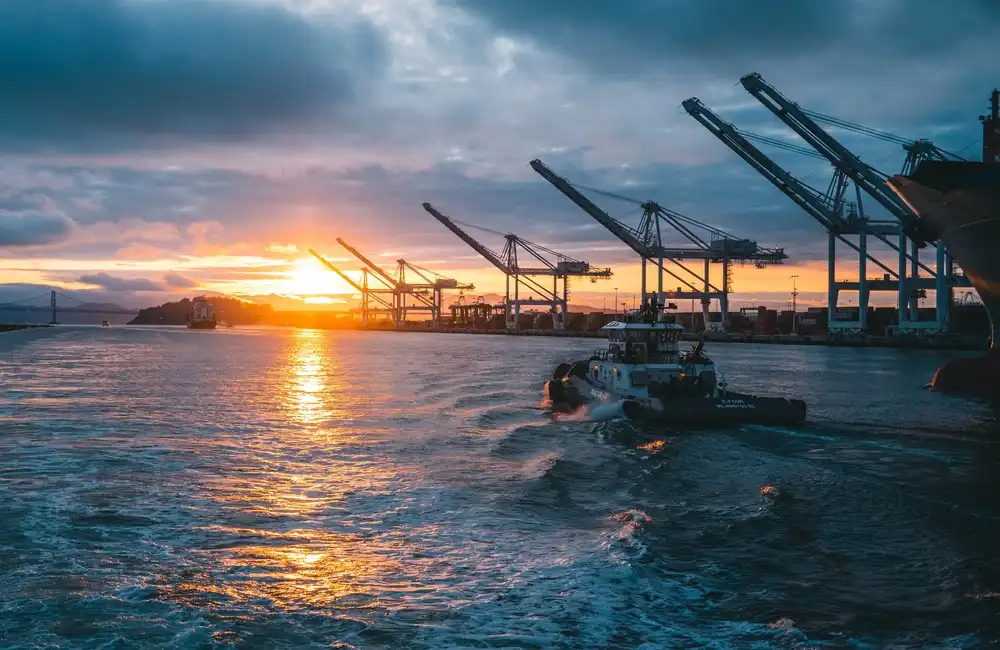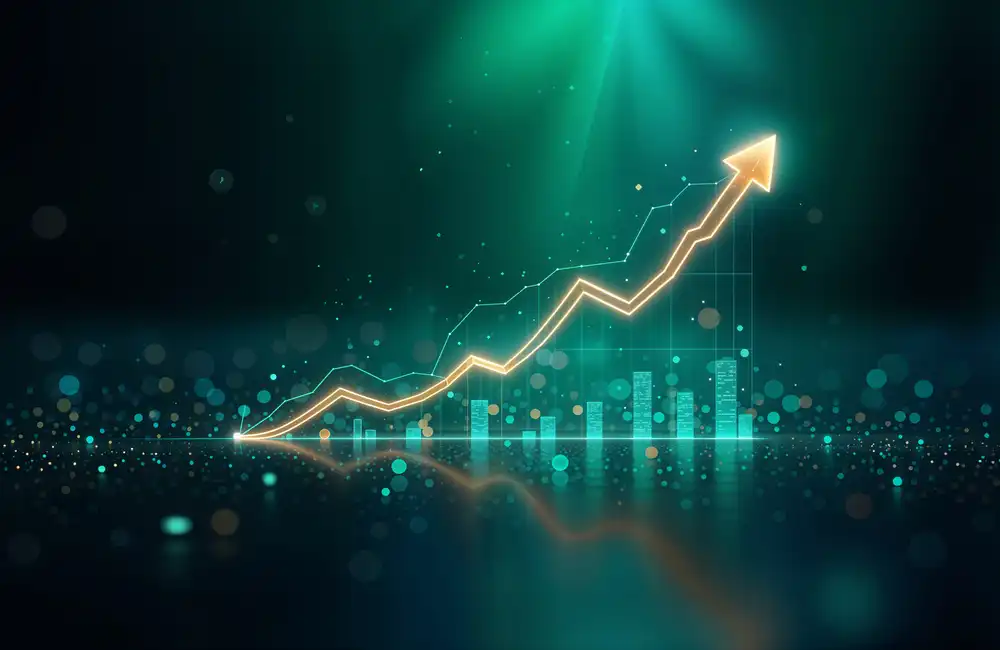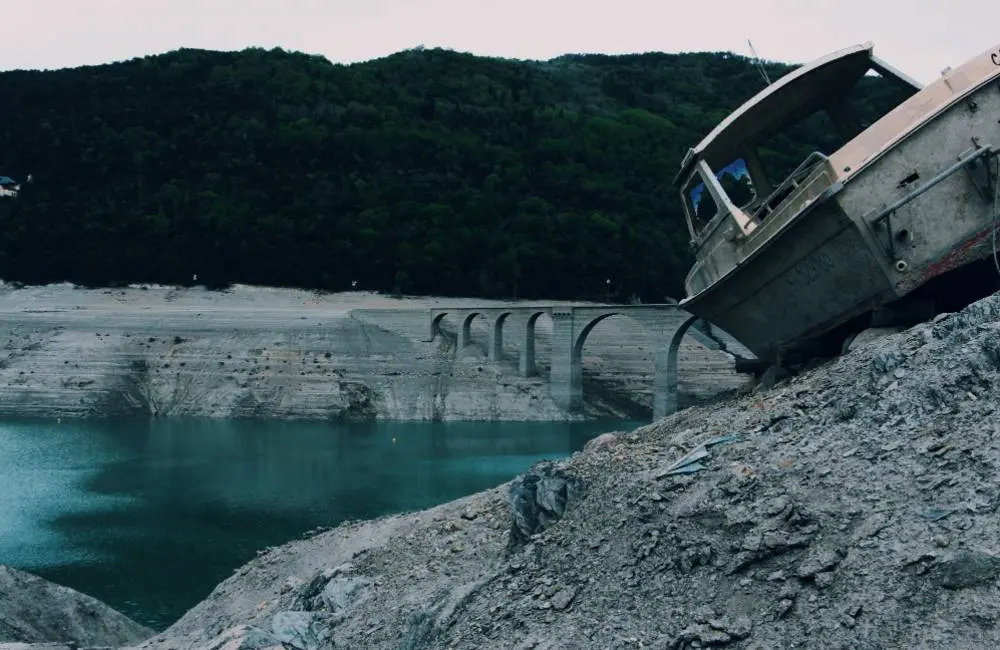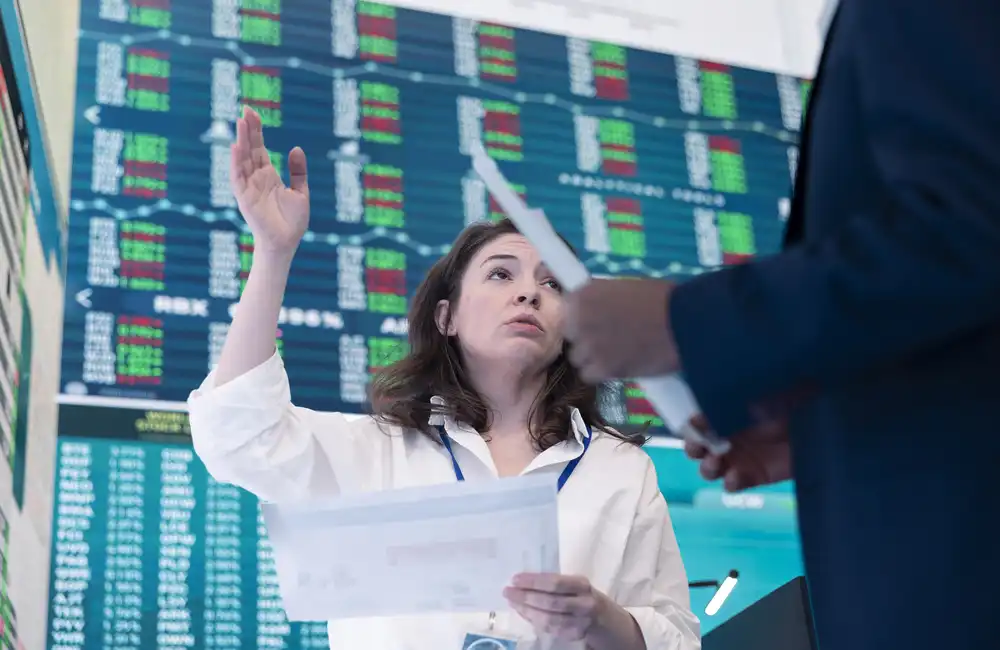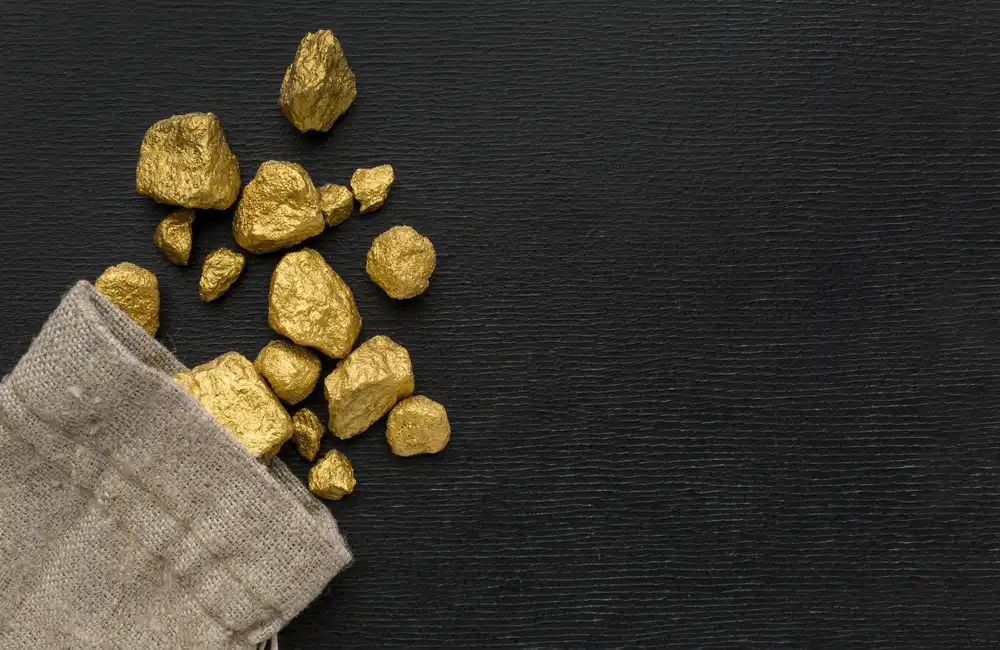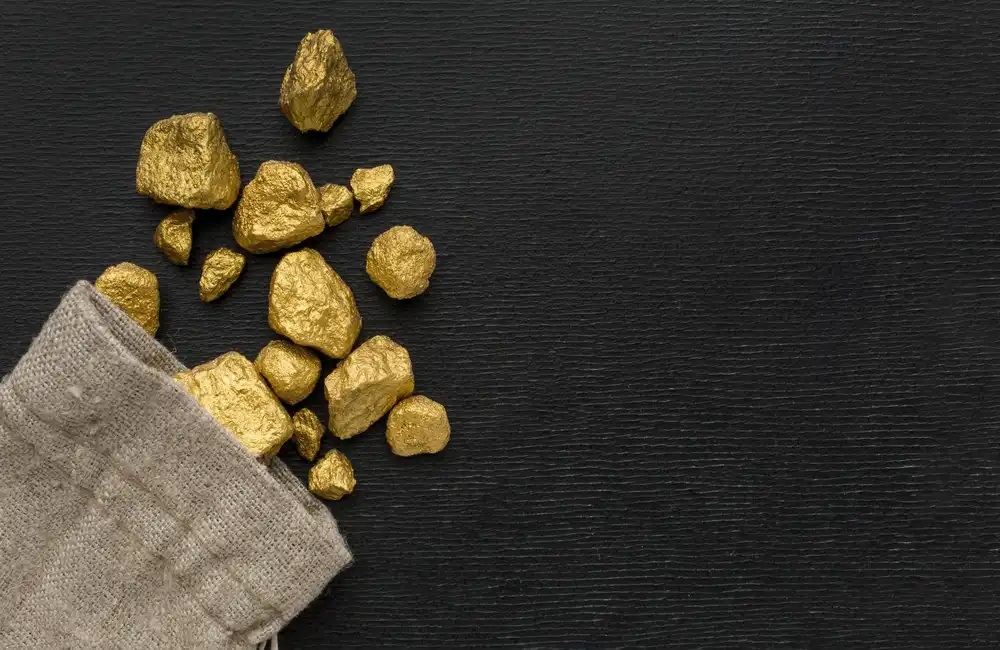Battery chemicals and technology group EV Metals Group has signed a front-end engineering design agreement to develop its planned lithium chemicals plant in Saudi Arabia with Wood Group subsidiary Mustang and Faisal Jameel Al Hejailan Consulting Engineering Company, it said in a statement on Feb. 7.
The FEED agreement will see Mustang develop the first two processing trains to produce lithium hydroxide monohydrate at the plant in the Battery Chemicals Complex at Yanbu Industrial City.
The FEED workscope will be targeted on non-process infrastructure, utilities, and port infrastructure, with the balance of the FEED workscope to be undertaken by Mustang's ultimate parent, Wood, in Perth, Western Australia, in conjunction with EVM.
The EVM managing director, Michael Naylor, said the EVM had already been collaborating with Wood on feasibility studies for the complex for two years.
EVM is developing an integrated Battery Chemicals Complex that will generate high-purity chemicals with lithium, nickel, cobalt, manganese, and other metals used for high energy density cathode active materials for electric vehicle lithium-ion batteries and for renewable energy storage.
Although this capital allocation is designed for two processing trains, which will seek an annual supply of 330,000 mt of 6% lithium oxide spodumene concentrate to convert into 50,000 mt/year of lithium hydroxide monohydrate for the BCC's lithium chemicals plant, which is slated for commissioning in the second half of 2024.
There is also the potential to double capacity with two further trains of the same size.
The commissioning of the first two trains of LHM is expected to begin in Q1 2023, while commissioning is expected to occur in H2 2024, Naylor said.
“EVM has identified a significant gap in supply chain for EV makers and battery cell makers that EVM will fill through development of lithium chemicals plant, nickel chemicals plant and cathode active materials plant supported by upstream integration and establishment of long-term supply chains for lithium, nickel, cobalt and other metals from Western Australia whilst the Saudi supply chain is established,” he said.
It was also the first strategic step in the complex development, EVM’s chairman Abdullah S. Busfar said.
The first two LHM trains would generate an initial investment of $800 million and produce 50,000 mt/year of LHM for OEMs, EV manufacturers and battery cell makers "looking for stable, long-term, independent and transparent supply chains as structural deficits arise in lithium after 2025," he added.
The Saudi Arabia complex was strategically placed to “become a global hub for midstream and downstream processing of critical raw materials for a clean energy future,” Busfar said.
Currently, the gap in the battery value chain outside of China is processing battery metals into cathode active materials, and additional capacity is going to be required as battery gigafactories begin to open up in other parts of the world.
EVM unveiled the Australian Lithium Alliance in January to allow Australian groups to collaborate to speed up the exploration, development, mining, processing, and production of lithium locally.
The collaboration would offer an alternative to Chinese companies, which now purchase most of the spodumene concentrate mined in Australia for sale to the country’s chemicals processing industry.



